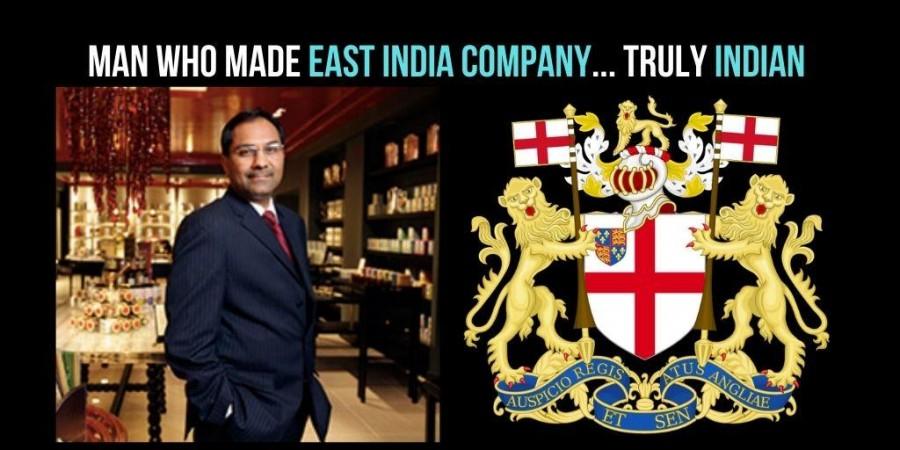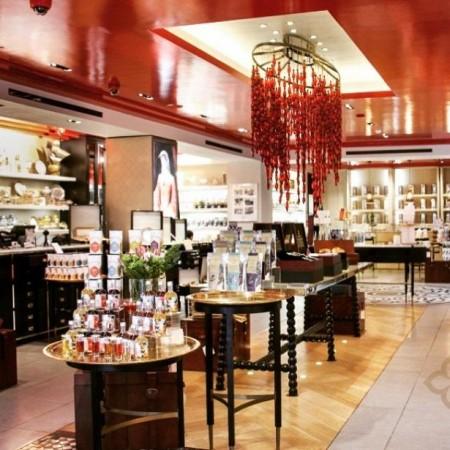Mention the name East India Company to any Indian and they'll have a tough time recounting all the complex emotions that it evokes. East India Company, after all, is not just another company; it's India's past. It's India's history, a big regret, a great lesson, and sweet revenge all rolled into one.
When it comes to 'past', we are all obsessed with the baggage. "A company which once owned India, is now owned by an Indian...a feeling of the empire striking back," says East India Company's present owner Sanjiv Mehta, in interviews that understandably continue to go viral on social media.

From ruling India to being run by an Indian
Originally founded in London in 1600s, East India Company, as India's school history textbooks itself will tell you, came to India to import spices, tea and other exotic items from India to Europe.
What unfolded thereafter is what today can be summarised as 250 years of dominance of the Indian sub-continent, colonial oppression, forced trade, unfair trade practices, and brute military force that was used to conquer large chunks of the Mughal Empire, including India, Pakistan, Bangladesh and Afghanistan. The rest is not history. It still rakes up patriotic wounds.

Disbanded after its soldiers rose in rebellion against the British in the historically significant 1857, the company was in the process of being revived by a group of shareholders in 2003 when Mehta chanced upon it. The rest is history.
East India Company that is
Mumbai-born British businessman Sanjiv Mehta bought the company in 2005 from 30 to 40 people who owned it and turned it around to a luxury food brand. Today, the East India Company store in London's posh Mayfair Area retails teas, coffees, spices and other food items.
Mehta says he didn't think even once when the company's shares came up for sale since he had to own them. On September 8, he also earned the permit to trade under the cost of arms and seal of the company. Mehta says he also additionally has the option to mint coins. The gold coins from the time of the British Raj, reminted by the East India Company, can also be found on display at the shop.

Mehta says the rights to the company's seal were issued by the Queen of England. Decades after Independence, those emotions have begun to turn into nostalgia but the first impulse cannot exactly be termed positive. It's the company that once, not just owned but also, ruled India. So owning it couldn't have crossed Mehta's imagination even when he came to London in 1989 to set up his export business.
"That East India Company was built on aggression, but today's EIC is built on compassion," Mehta has often found himself giving the complete image overhaul. Initially worried about some of the reactions that might come his way because of it being the coloniser,
"But the fact that the company is now being owned by an Indian, has been received extremely positively in the Indian sub-continent." Who doesn't like an emotional and fair closure?

















